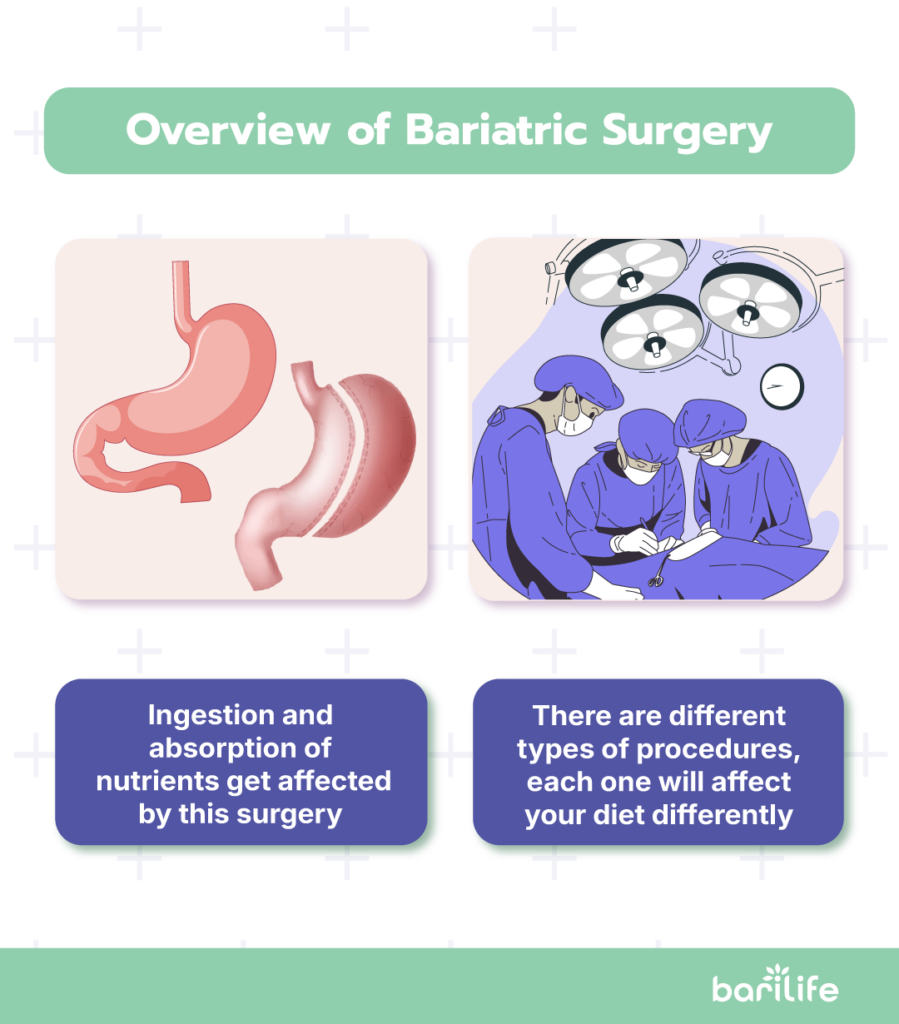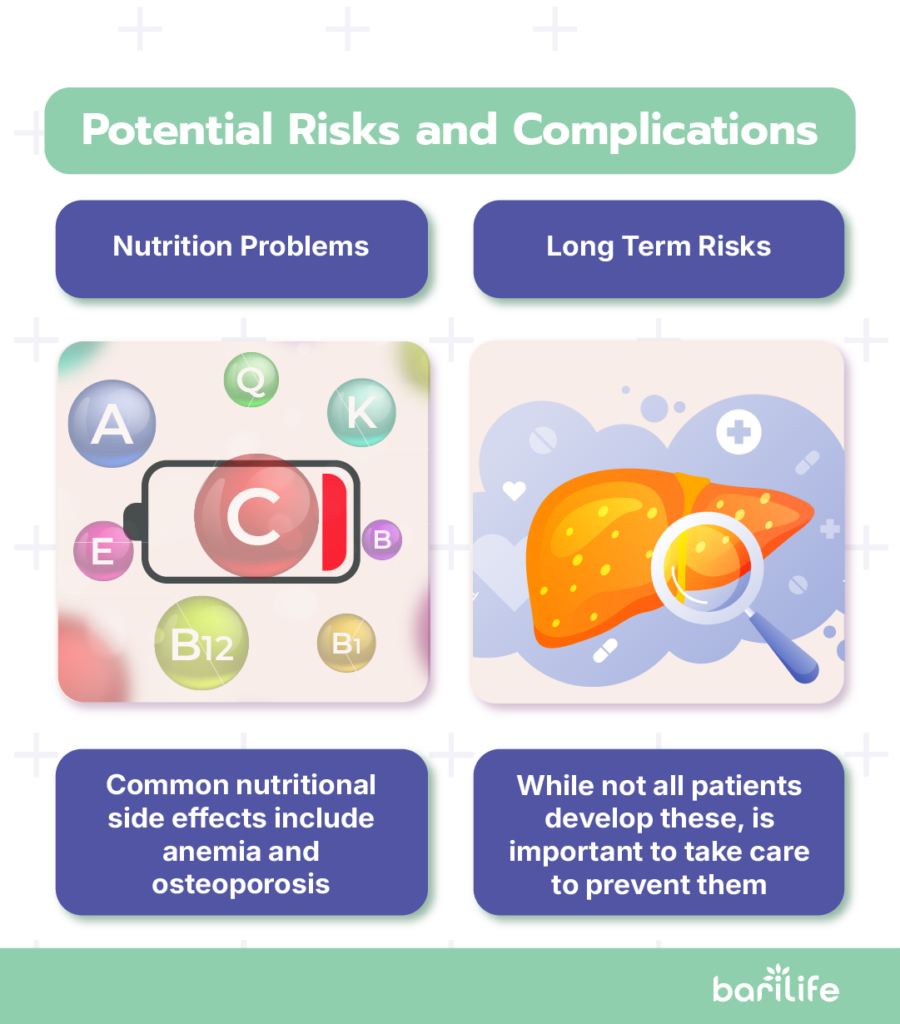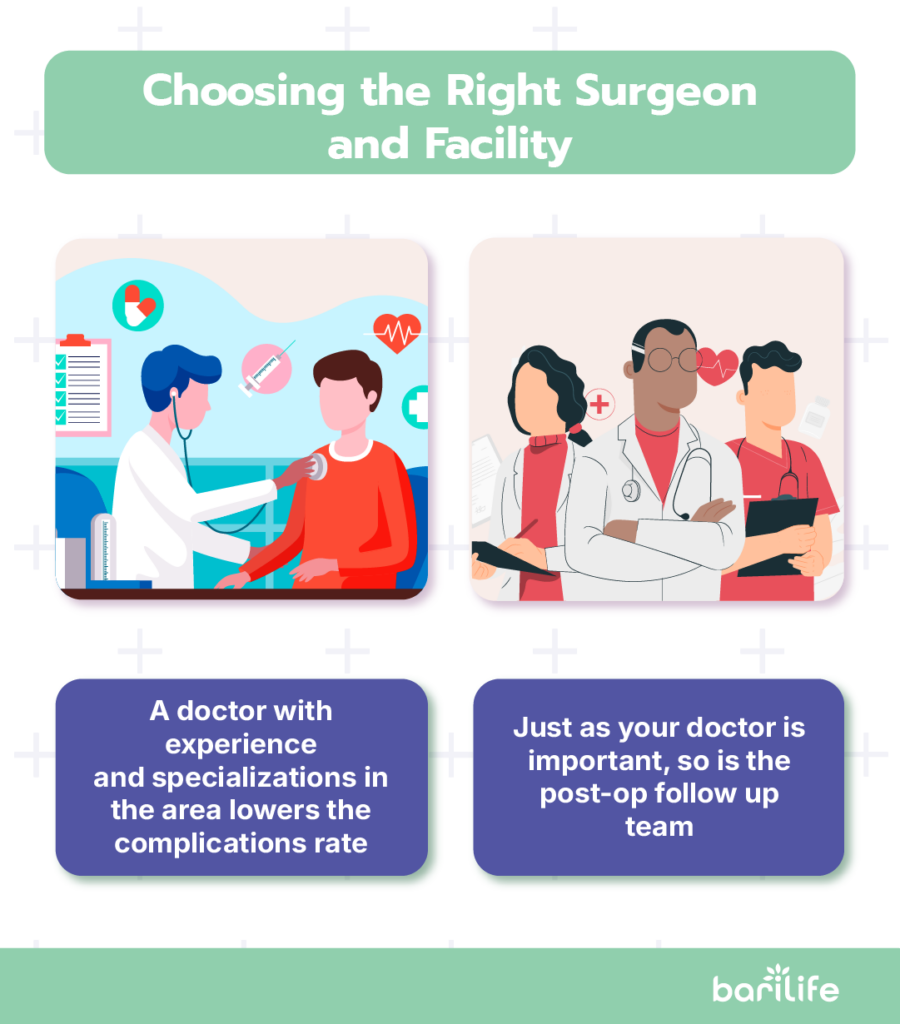What is bariatric surgery? Bariatric surgery has emerged as a viable option for individuals struggling with obesity, offering a pathway to significant weight loss and improved health outcomes.
However, the decision to undergo such a procedure is not one to be taken lightly. Understanding the safety of bariatric surgery is crucial for potential candidates, as it involves various risks and benefits that can significantly impact both physical and mental well-being.
In this article, we will explore the essential aspects of bariatric surgery safety, including the types of procedures available, the potential complications, and important factors to consider before making this life-altering decision.
Whether you’re contemplating surgery for yourself or seeking information for a loved one, this comprehensive guide will provide the insights needed to navigate the journey ahead.
Table of Contents
Overview of Bariatric Surgery

There are multiple types of bariatric surgeries, with the most common bariatric procedures including adjustable gastric banding, Roux-en-Y gastric bypass, and sleeve gastrectomy.
These surgeries will not only change nutrient absorption but may also require lifelong supplementation with products like bariatric vitamins and bariatric multivitamins to manage post-surgical nutritional needs.
The outcome of bariatric surgery is to reduce the size of the stomach, which means that both appetite and digestion are impacted. When the stomach is made smaller, the amount of food that can be consumed is limited and how the body absorbs some nutrients is altered. Sleeve gastrectomy specifically reduces the amount of ghrelin produced, which is your body’s hunger hormone.
Bariatric surgery offers benefits beyond weight loss alone. By altering how the body uses specific nutrients, weight-related health conditions such as type 2 diabetes, hypertension, sleep apnea, high cholesterol, and cardiovascular disease risk are reduced.
Understanding the Safety of Bariatric Surgery
Bariatric surgeries are most commonly performed laparoscopically, meaning small incisions are used to perform the procedure, making the process minimally invasive. This reduces recovery time and postoperative systemic inflammation compared to open surgeries. Not all candidates meet the requirements for a laparoscopic surgery, and it is important to collaborate with a healthcare provider to figure out what procedure would be best.
There are complications associated with the surgery, including bleeding, infection, and bowel obstruction, however, these are rare. If the patient is receiving bariatric surgery for current weight-related disease risks, the overall risk of bariatric surgery is lower than the long-term health risks of remaining morbidly obese.
Potential Risks and Complications
The risks associated with bariatric surgery include surgical risks, nutritional deficiencies, and long-term risks. Surgical risks that could result from the procedure include bleeding, infection, blood clots, and complications related to anesthesia.
Additionally, leaks from the new connections are possible, which would cause stomach acid and bacteria to leak into the stomach or intestines.

Nutritional deficiencies are particularly common after surgery, but they can be avoided through the consistent use of supplements like bariatric vitamins for hair loss, bariatric probiotic, and liquid bariatric vitamin formulations.
RYGB is the most common procedure that life-long supplementation would be indicated. Common nutritional side effects include anemia, osteoporosis, and metabolic bone disease. Generally recommended supplementation includes iron, calcium, Vitamin D, and vitamin B12.
Long-term risks include hernias, strictures, gallstones, and potential issues with the band or port used in some procedures. Hernias can result from cuts in the abdominal wall following surgery. Some long-term risks may require additional follow-up surgeries to resolve.
Criteria for a Safe Bariatric Surgery Experience
Safety should be a top priority when considering bariatric surgery. First off, it is important to select an Accredited Surgery Center that specializes in bariatric surgery. The surgery center should offer comprehensive support, including dietary counseling, psychological support, and regular follow-ups. The patient’s team should consist of multiple professionals who have experience in weight loss surgery.
Before undergoing surgery, several months of planning are necessary to determine if the procedure is suitable for the patient. Candidates should have a comprehensive evaluation, including an assessment of BMI, current eating habits, and any underlying health conditions.
After a thorough evaluation, a surgery will be chosen that best meets the patient’s individual needs. The chosen surgical approach should be tailored to the patient’s health status, personal preferences, and weight-loss goals. Ongoing post-surgical monitoring and lifestyle support are essential, particularly for patients who face challenges with body image after the procedure.
Choosing the Right Surgeon and Facility
When choosing a surgeon for your procedure, it is important to consider experience and certification. Choosing a surgeon with experience and specialized training in bariatric surgery has been associated with better outcomes and lower complication rates.

Ensure that the facility provides adequate support services, such as pre-surgical education, psychological support, and a multidisciplinary team approach to patient care. Post-surgery support can significantly improve the experience. Nutrition, psychological, and peer support is especially beneficial for many patients.
Post-surgical follow up is an important aspect of bariatric surgery. It is important to prioritize a facility that offers long-term follow-up care. This care includes dietary guidance. It also includes regular monitoring of nutrition. This will ensure weight loss and better health. The care plan also reviews medication doses and activity levels.
Tips for a Safe Recovery and Long-Term Health
To ensure a safe recovery and good health, one must follow the recommendations.
Dietary recommendations following bariatric surgery are especially important.Patients must adhere to a staged diet starting the day after surgery, beginning with clear liquids only. After tolerating liquids for a week, they can advance to a blended diet, followed by soft foods, and eventually regular foods. It’s advised to eat several small meals a day, drink plenty of fluids between meals, prioritize high-protein foods, avoid foods high in fat and sugar, and take all prescribed supplements and medications as directed by their healthcare provider.
Lifestyle modifications are important following bariatric surgery. Regular physical activity should be implemented to maintain weight loss and prevent obesity-related health outcomes. Patients are advised at least 5 hours of physical activity per week.
Ongoing medical supervision includes regular check-ups to monitor nutritional status and to manage any complications. This is crucial for long-term health following surgery.
Final Thoughts: Is Bariatric Surgery Safe?
Bariatric surgery is generally safe and effective for individuals with morbid obesity, especially when performed by experienced surgeons at accredited centers. In cases where multiple weight-related health risks are present, the health benefits often outweigh the potential risks. It’s crucial to consider each patient’s unique health conditions and consult with a healthcare provider to weigh the benefits and risks.

The choice of bariatric surgery should align with your individual needs and preferences. Long-term success requires a strong commitment to ongoing dietary changes, physical activity, and medical follow-ups. This lifelong dedication helps maintain the benefits of surgery and reduce the risk of complications.
While bariatric surgery is generally safe, potential risks and complications do exist. It’s essential to understand the various types of procedures, select an accredited facility and an experienced surgeon, be aware of the post-surgery support required, and commit to the long-term lifestyle changes that will ensure a successful outcome.
And understanding the differences between bariatric surgery vs liposuction, restrictive vs malabsorptive bariatric surgery, and even robotic vs laparoscopic bariatric surgery is essential to choosing the right path.
For some, a bariatric revision surgery might be necessary if complications occur, while others may prefer a reversible bariatric surgery option. The decision is highly personal and should be made in consultation with a healthcare provider.




What are your tips and tricks to post-bariatric success?